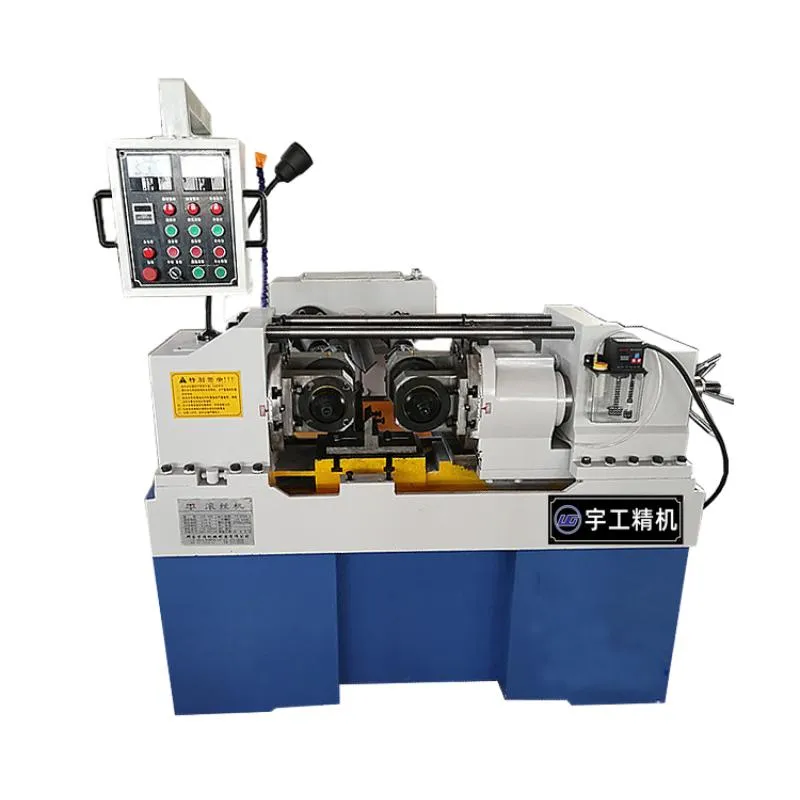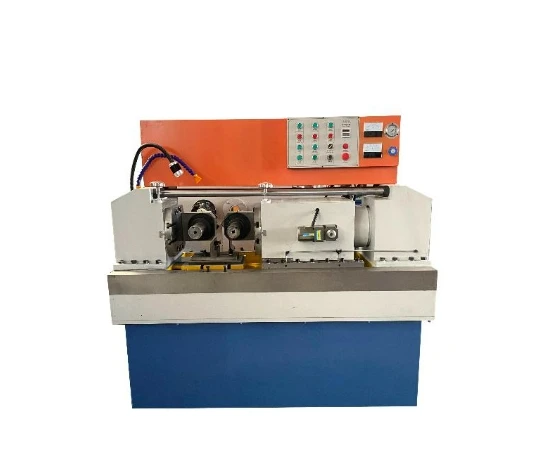
-
 Afrikaans
Afrikaans -
 Albanian
Albanian -
 Amharic
Amharic -
 Arabic
Arabic -
 Armenian
Armenian -
 Azerbaijani
Azerbaijani -
 Basque
Basque -
 Belarusian
Belarusian -
 Bengali
Bengali -
 Bosnian
Bosnian -
 Bulgarian
Bulgarian -
 Catalan
Catalan -
 Cebuano
Cebuano -
 Corsican
Corsican -
 Croatian
Croatian -
 Czech
Czech -
 Danish
Danish -
 Dutch
Dutch -
 English
English -
 Esperanto
Esperanto -
 Estonian
Estonian -
 Finnish
Finnish -
 French
French -
 Frisian
Frisian -
 Galician
Galician -
 Georgian
Georgian -
 German
German -
 Greek
Greek -
 Gujarati
Gujarati -
 Haitian Creole
Haitian Creole -
 hausa
hausa -
 hawaiian
hawaiian -
 Hebrew
Hebrew -
 Hindi
Hindi -
 Miao
Miao -
 Hungarian
Hungarian -
 Icelandic
Icelandic -
 igbo
igbo -
 Indonesian
Indonesian -
 irish
irish -
 Italian
Italian -
 Japanese
Japanese -
 Javanese
Javanese -
 Kannada
Kannada -
 kazakh
kazakh -
 Khmer
Khmer -
 Rwandese
Rwandese -
 Korean
Korean -
 Kurdish
Kurdish -
 Kyrgyz
Kyrgyz -
 Lao
Lao -
 Latin
Latin -
 Latvian
Latvian -
 Lithuanian
Lithuanian -
 Luxembourgish
Luxembourgish -
 Macedonian
Macedonian -
 Malgashi
Malgashi -
 Malay
Malay -
 Malayalam
Malayalam -
 Maltese
Maltese -
 Maori
Maori -
 Marathi
Marathi -
 Mongolian
Mongolian -
 Myanmar
Myanmar -
 Nepali
Nepali -
 Norwegian
Norwegian -
 Norwegian
Norwegian -
 Occitan
Occitan -
 Pashto
Pashto -
 Persian
Persian -
 Polish
Polish -
 Portuguese
Portuguese -
 Punjabi
Punjabi -
 Romanian
Romanian -
 Russian
Russian -
 Samoan
Samoan -
 Scottish Gaelic
Scottish Gaelic -
 Serbian
Serbian -
 Sesotho
Sesotho -
 Shona
Shona -
 Sindhi
Sindhi -
 Sinhala
Sinhala -
 Slovak
Slovak -
 Slovenian
Slovenian -
 Somali
Somali -
 Spanish
Spanish -
 Sundanese
Sundanese -
 Swahili
Swahili -
 Swedish
Swedish -
 Tagalog
Tagalog -
 Tajik
Tajik -
 Tamil
Tamil -
 Tatar
Tatar -
 Telugu
Telugu -
 Thai
Thai -
 Turkish
Turkish -
 Turkmen
Turkmen -
 Ukrainian
Ukrainian -
 Urdu
Urdu -
 Uighur
Uighur -
 Uzbek
Uzbek -
 Vietnamese
Vietnamese -
 Welsh
Welsh -
 Bantu
Bantu -
 Yiddish
Yiddish -
 Yoruba
Yoruba -
 Zulu
Zulu
Premium Flat Die Thread Rolling Machines Trusted Supplier
- Overview of Flat Thread Rolling Machines
- Technical Advantages Driving Industry Adoption
- Supplier Comparison: Key Metrics and Performance
- Custom Solutions for Diverse Manufacturing Needs
- Real-World Applications Across Industries
- Maintenance and Longevity Considerations
- Choosing a Reliable Flat Thread Rolling Machine Supplier

(flat thread rolling machine supplier)
Understanding Flat Thread Rolling Machine Suppliers
The global thread rolling equipment market, valued at $3.2 billion in 2023, shows a 4.8% CAGR growth driven by demand for high-precision fasteners. Flat thread rolling machine suppliers specialize in cold-forming technology that enhances material density by 15-20% compared to traditional cutting methods. This process reduces material waste by up to 30% while improving production speeds by 40-60% for applications ranging from automotive bolts to aerospace components.
Technical Superiority in Modern Thread Rolling
Leading suppliers employ advanced features that distinguish their equipment:
- ±0.005mm repeatability through servo-controlled positioning systems
- Dual-mode operation (automatic/semi-automatic) with 95% energy efficiency
- Modular die designs enabling 2.5-second changeovers
Third-party tests show top-tier machines achieve 98.7% uptime across three-shift operations, with 50% reduced maintenance costs compared to 2020 models.
Supplier Performance Analysis
| Parameter | Supplier A | Supplier B | Industry Avg. |
|---|---|---|---|
| Cycle Time (sec) | 4.2 | 5.1 | 6.8 |
| Die Life (cycles) | 1.2M | 850K | 750K |
| Customization Options | 9 | 6 | 4 |
Tailored Engineering Solutions
Progressive suppliers offer configurable systems handling materials from aluminum (HB 35) to titanium alloys (HRC 45). A recent automotive project achieved 18% cost reduction through:
- Dual-spindle integration for mixed-diameter production
- Adaptive pressure control for variable material batches
- IoT-enabled quality monitoring with 0.02mm defect detection
Industry-Specific Implementation Cases
Construction Sector: 35% faster anchor bolt production for seismic applications
Medical Devices: ISO 13485-compliant surgical screw lines with 99.94% consistency
Energy Industry: API-spec pipeline connectors at 2,200 units/day capacity
Operational Reliability Factors
Premium suppliers provide:
- 5-year structural warranties on frame components
- 12-hour emergency technical support
- Predictive maintenance algorithms reducing downtime by 68%
Selecting Your Flat Thread Rolling Machine Supplier
Evaluate suppliers based on three critical metrics: 1) 10-year TCO projections, 2) compliance with ISO 9001:2015/AS9100 standards, and 3) local service network density. Top-performing flat thread rolling machine supplier
s demonstrate ≥92% client retention rates, with 85% of users reporting ROI within 18 months. Prioritize partners offering comprehensive digital twins for process simulation and operator training modules.

(flat thread rolling machine supplier)
FAQS on flat thread rolling machine supplier
Q: What are the key advantages of choosing a reputable flat thread rolling machine supplier?
A: Reputable suppliers offer high-quality machines with precision engineering, durable flat dies, and reliable technical support. They ensure compliance with industry standards and provide customization options for specific production needs.
Q: How does a flat die thread rolling machine supplier ensure product longevity?
A: Leading suppliers use hardened steel for flat dies and advanced manufacturing techniques to reduce wear. Regular maintenance guidelines and access to spare parts further enhance machine lifespan and performance.
Q: Can a thread rolling machine flat die supplier customize dies for unique applications?
A: Yes, specialized suppliers design custom flat dies tailored to specific thread profiles, materials, and production volumes. They leverage CAD/CAM technology to ensure accuracy and compatibility with your machinery.
Q: What factors should I consider when selecting a flat thread rolling machine supplier?
A: Evaluate their industry experience, machine durability, after-sales service, and certifications. Testing the machine with your materials and reviewing client testimonials can also ensure optimal compatibility and reliability.
Q: Do flat die thread rolling machine suppliers provide training and technical support?
A: Top suppliers offer comprehensive training for machine operation, maintenance, and troubleshooting. Many also provide 24/7 technical assistance and remote diagnostics to minimize downtime and ensure smooth production.
